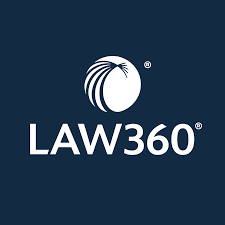By Hal Scott and John Gulliver. January 18, 2023. (Wall Street Journal).
The Securities and Exchange Commission brought an enforcement action last week against the cryptocurrency brokerages Genesis Global Capital and Gemini Trust. As with the failure of crypto exchange FTX, the SEC is late to the game—likely too late for the 340,000 U.S. customers affected by Genesis’ decision to halt all withdrawals.
Genesis’ financial problems stem from large holdings with FTX, and it is unlikely to be the last crypto firm caught in FTX’s wake. Who is to blame and what can be done to protect U.S. retail investors in crypto?
Rep. Patrick McHenry, the new chairman of the House Financial Services Committee, can answer that question by investigating the SEC’s failure to prevent the FTX disaster. The harm to U.S. investors from the alleged theft of FTX customer assets by Sam Bankman-Fried is likely to be enormous. FTX’s global operations held more than $8 billion in customer assets, and there were 2.7 million U.S. customers of FTX’s U.S. operations alone. FTX customers have had their assets frozen in bankruptcy and now face large losses. They deserve to know why the SEC failed to be the “cop on the beat.”
In 2008, after Bernie Madoff’s Ponzi scheme was revealed, SEC Chairman Christopher Cox promptly initiated an internal investigation into the commission’s failures to uncover the fraud. Gary Gensler, the current chairman, has so far failed to do the same. Madoff’s evasion of applicable SEC regulations was a surprise. FTX’s state of nonregulation was the reddest of flags. Madoff was largely cheating rich sophisticated investors. FTX’s retail investors were left helpless.












